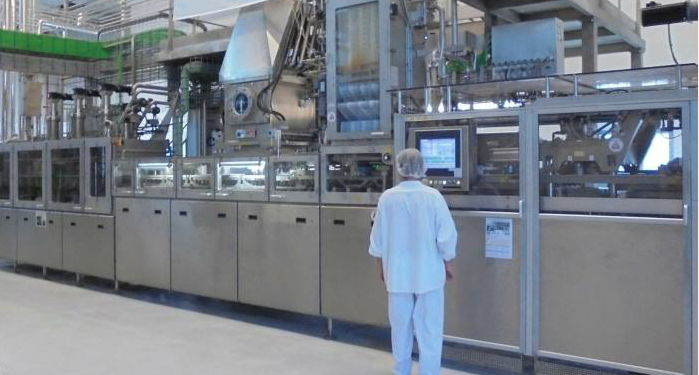The Financial Times has featured Danone in a series on how companies are grappling with the consequences of coronavirus.
Danone chief executive Emmanuel Faber told his executive committee to narrow their focus, “Forget the three-year plan. It doesn’t exist any more. Just get through the next 10 days, then the next month, and so on.”
For all the adaptation of the last few weeks, the hundreds of subtle changes, there is no end in sight. Danone last week postponed the decision on paying a dividend and scrapped profit forecasts. It has raised €800m in a bond issue to push out maturity on its €12.8bn of net debt.
Although it said last week that it had benefited from a first-quarter boost in sales due to “pantry loading” in Europe and North America, Danone made a stark admission that it was now “unable to predict” how Covid-19 would affect its ability to supply products and the demand for them.
Danone’s roots stretch back to the 1920s. It was famously an acquisition target for Pepsi in 2005, until the French government declared Danone a national strategic asset. Today its €25bn of annual sales place it slightly ahead of Kraft Heinz and Mondelez.
Danone has been known for “responsible capitalism” since 1968 when its then-CEO laid out a dual commitment to business and social progress. Mr Faber, a vegetarian, environmentalist and avid mountain climber, is still wedded to that ethos.
As he navigated the recent uncertainty from his home office, Mr Faber took inspiration from his hobby of mountaineering. “My climbing gear and ropes are less than two metres away from my desk,” he said. “On a difficult and foggy route . . . never lose the orientation to the summit, and pay attention to your buddy’s energy level.”
The full article is here.























